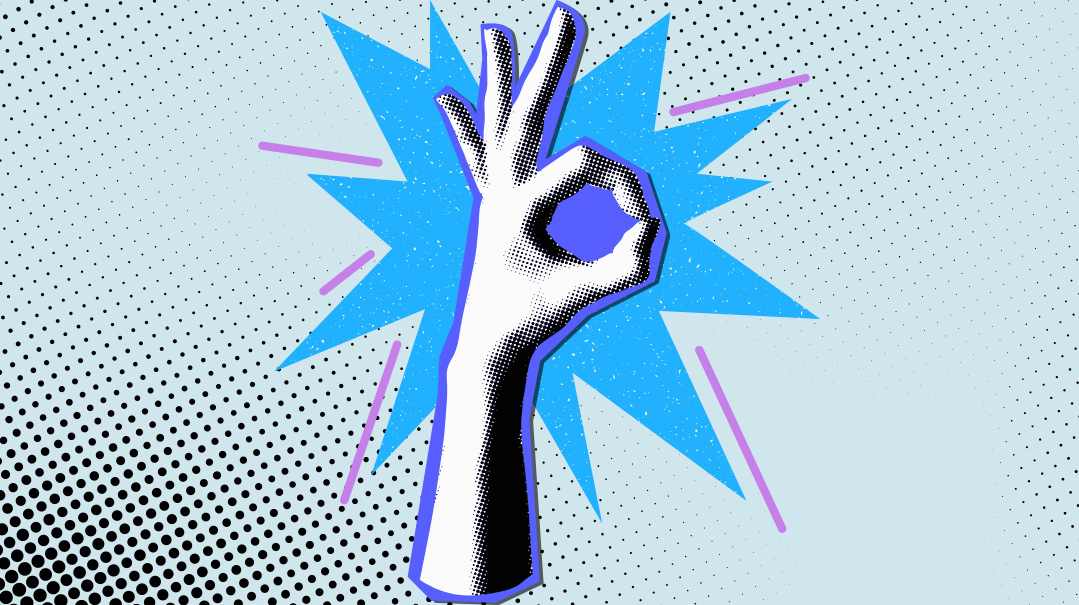Opposites Attract
| May 2, 2023Here are the “top two” inborn differences and some ideas how to embrace your opposite

Opposites Attract
Abby Delouya RMFT-CCC, CPTT
“Opposites attract” is an old cliché, and a maddeningly true one at that. Ms. Spotless Organized gets engaged to Mr. Sloppy Forgetful. Mrs. Get Up with the Sun and Mr. Burn the Midnight Oil try to live happily ever after….
Our inborn personality traits or proclivities often inform our day-to-day lives. While it’s possible to change or shift these tendencies, it’s hard and sometimes feels unnatural. Here are the “top two” inborn differences and some ideas how to embrace your opposite:
1
Introvert and Extrovert
There are actually different categories of introverts and extroverts as well as ambiverts (people whose social needs vary). For the purpose of this article, we’ll stick to the general, classic definitions.
Introverts require fewer stimuli, reflect in quiet, and prefer one-on-one friendships.
Extroverts enjoy more stimulation and can boost dopamine by reflecting outwardly when processing feelings, spending time with others, and meeting new people in large groups.
When one spouse is an introvert and the other is an extrovert, how can they navigate their opposite needs and achieve connection?
Plan ahead: Simchahs can be a hot topic for couples like this. One spouse wants to stay until the lights go off, while the other is happy to wish mazel tov, stay for the minimum amount of time that is respectful to the baalei simchah, and then leave.
Plan for this! Maybe arrange for different rides home. If logistically that doesn’t make sense, maybe the introvert can pack some comfy shoes, a thermos of tea and a book, and relax in the car, or visit a coffee shop nearby to recharge.
Don’t try to change: Research shows that 69 percent of marital conflicts are over unresolvable issues, i.e., personality traits and habits. Therefore, juggling acceptance and perhaps even developing fondness for your spouse’s preferences, while also not trying to change yourself is key.
Talk it out: Communicate ideal days or situations for spending time together and if they are disparate, find meaningful compromise options that will still allow both partners to connect.
2
Night and Morning Person
This can be a daily struggle. One spouse is only starting to wind down the day at 11 p.m. and wants relaxation and connection at midnight, while the other spouse’s brain has turned in for the night hours before.
A person’s circadian rhythm is a natural, internal process that regulates the sleep-wake cycle and repeats roughly every 24 hours. It’s highly affected by light, but with all of the natural, artificial light we have these days, it gets easily rewired. When does this couple connect? Is compromise possible?
Carve out quality time when you’re both at your best. This might mean some compromise — a nine p.m. chat (not seven p.m. and not midnight), or a brunch/lunch date.
Minyan times, kids, and obligations will shape our schedules more than our natural rhythms, i.e., a night-owl mom may have to get up early because her toddlers do, and an early-to bed guy may have to turn in later than he’d like if he works remotely in the evenings. But when there is a pause or break in the external schedule shapers (bein hazmanim, vacations, there are no kids/babies at home…) appreciate that we, and our spouses, will likely gravitate back to our natural rhythms.
Appreciate the other’s rhythm: One spouse is happy to stay up and chat with the teenager who just got off the phone at 11:30 p.m., and the other can happily make breakfast or read books to the toddler who thinks five a.m. is an awesome time to start the day.
Don’t take it personally. Please don’t choose one a.m. for a vulnerable conversation. Mrs. Lark may try hard to receive Mr. Owl’s bid at connection and engage in conversation, only to realize she is mostly asleep. It’s not a reflection on Mrs. Lark’s attentiveness or reaction to Mr. Owl’s content. Perhaps a ten p.m.–eight a.m. “black out” period during which the couple refrains from discussing important topics is a good idea.
When we accept our opposites, we see our spouse’s strengths as complementing our weaknesses. We can get more comfortable with compromise and become more understanding and empathic individuals.
Abby Delouya, RMFT-CCC, CPTT is a licensed marriage and individual therapist with a specialty in trauma and addiction.
Letting Go
Sara Rivka Kohn
Anticipatory grief is the grief people feel prior to the death of a loved one, as they anticipate the death that seems to be looming. Oftentimes this happens slowly, in stages, as the patient may physically or cognitively decline, and family and friends can no longer rely on the person to fill a particular role.
Anticipatory grief is like hanging in an “in between” place and can be very painful and difficult on many levels. One study (Fleming) found that 40 percent of widows found the grief before death to be even more stressful than grief after death.
In the frum community in particular, this can be a hard stage to navigate. We believe in miracles. We believe that "afilu cherev chadah — even if a sword is on one’s neck,” we don’t give up.
Consequently, when families of an ill patient do speak about anticipatory grief, so often they get shut down with sentiments like, “You need to believe it’ll get better.” Alternately, family members don’t talk about these feelings at all, or won’t allow other family members to buy into the possibility of death because of the difficulty of accepting these feelings as hashkafically legitimate.
It’s important to realize that the Torah provides tools to deal with every stage of life, including this very difficult one. Yaakov Avinu asked for illness as it would indicate to him and those around him that his life was ending.
When a loved one is dying we contact the Chevra Kaddisha and say Vidui. None of that poses any contradiction to our belief that Hashem can do anything. Similarly, there is nothing hashkafically wrong with mentally and emotionally preparing for what may be a possibility.
Anticipatory grief allows people the opportunity for closure — to speak with the one who is dying, to share thoughts, to sing songs, to read letters, to ask mechilah, to grant mechilah….
While very painful, when this stage is navigated well, it provides a sense of closure and relief, and the grief process is so much smoother in the long run.
Sarah Rivka Kohn is the founder and director of Zisel's Links and Shlomie’s Club, an organization servicing children and teens who lost a parent.
Prepped to Accept
Shoshana Schwartz
When faced with a serious problem or challenge, do you want to make peace with it? Not always. Who wants to make peace with unemployment, physical or mental illness, or loss of a loved one? Sometimes we’re reluctant to make peace with difficulties because some part of us interprets that as being okay with them. Acknowledging and accepting your anger issue, your child’s ADHD, your husband’s drinking problem, or your parent’s cognitive decline doesn’t mean you’re happy about the situation. It’s a starting point, not an end point. Acceptance isn't the same as approval.
Shoshana Schwartz specializes in addiction and codependency. She gives in-person and online addiction prevention lectures and workshops to education and mental health professionals, community leaders, and parent groups, as well as 12-Step workshops for non-addicts.
(Originally featured in Family First, Issue 841)
Oops! We could not locate your form.







